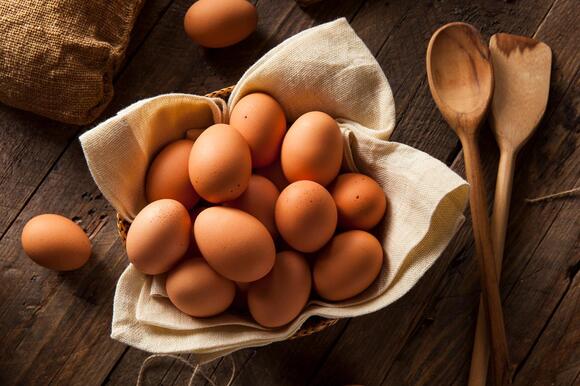Leftovers are ideal for quick and convenient lunches, afternoon snacks, or even late-night bites. However, while the microwave might seem like the easiest reheating option, food experts caution against relying on it exclusively.
Microwaves can heat food unevenly, potentially leaving “cold spots” where harmful bacteria can survive, according to Michigan State University.
Reheating food in the microwave often affects its taste and texture, leaving leftovers dry or overcooked.
Food experts shared their insights with Fox News Digital, offering advice on when to skip the microwave for reheating and which foods are best avoided in this quick-fix method.
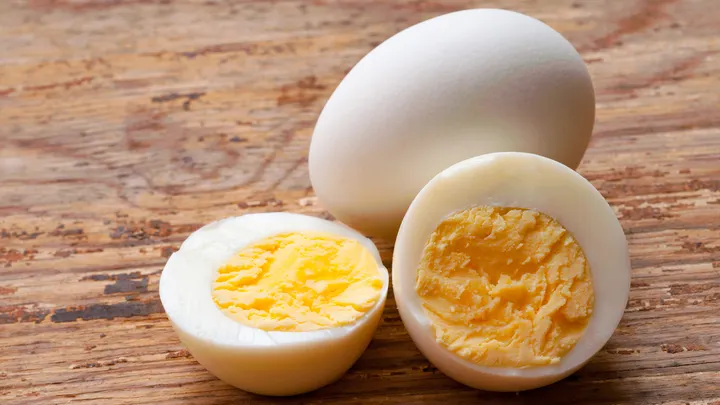
Some of these may come as a surprise.
1. Hard-boiled eggs
Hard-boiled eggs, celebrated as protein powerhouses, make a convenient and portable snack. However, food experts recommend enjoying them cold instead of microwaving to warm them up.
“Never microwave a hard-boiled egg,” warned Amanda Holtzer, a registered dietitian from Nutley, New Jersey. “The heat causes steam and pressure to build up inside the egg white, which can result in an explosion when the egg is sliced.”
“This explosion can occur in the microwave, on your plate, or, alarmingly, in your mouth when you take a bite,” Holtzer explained to Fox News Digital.
2. Vitamin C-rich foods
Vitamin C, a water-soluble vitamin highly sensitive to heat, is best preserved by avoiding the microwave for foods rich in this nutrient, Holtzer advised.
“Heat exposure causes vitamin C to break down and deteriorate,” she explained.
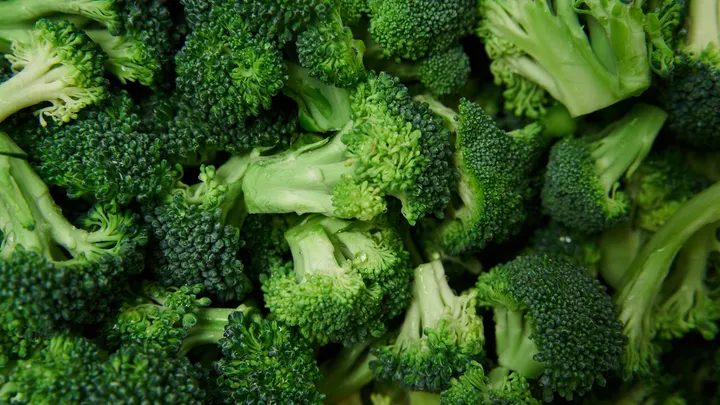
Foods high in vitamin C include broccoli, bell peppers, berries, and leafy greens.
“To preserve the vitamin C in these foods, I recommend eating them raw whenever possible,” Holtzer suggested.
3. Chicken
Reheating chicken is generally safe from a food safety perspective, Holtzer noted.
“From a quality standpoint, however, I would advise against reheating chicken,” she explained.
“After being stored in the refrigerator, the fats in cooked chicken can oxidize, altering its chemical structure and affecting its flavor.”
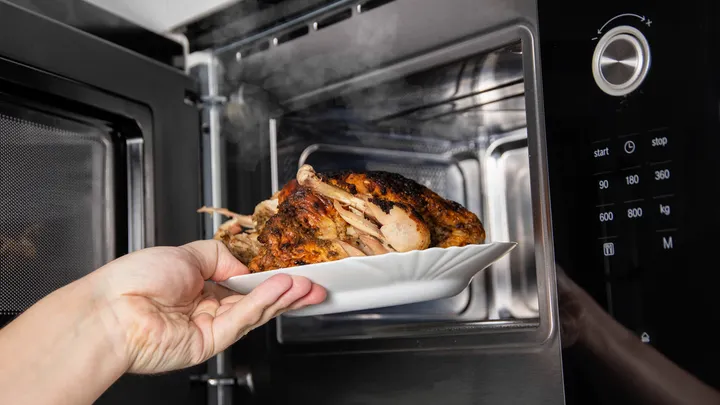
“Reheating causes any moisture in the chicken to evaporate, resulting in a dry, off-tasting texture,” she added.
Instead, Holtzer recommended using leftover chicken in a recipe that doesn’t require reheating, like a chicken salad sandwich or wrap.
4. Seafood
Reheating seafood is not a good idea, Holtzer warned.
“Fish is one food I strongly advise against reheating,” she said.
“The high heat from a microwave can cause the moisture in fish to evaporate quickly, resulting in a dry, rubbery texture,” she explained.
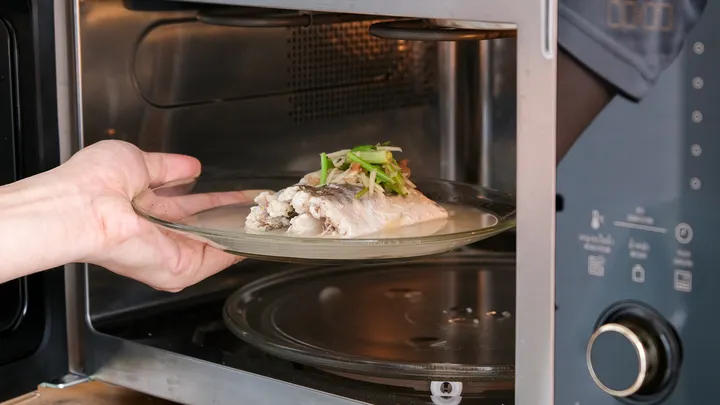
From a culinary standpoint, Jim Nuetzi, corporate executive chef for Valor Hospitality in Atlanta, Georgia, agreed that microwaving seafood is unlikely to yield the best results.
“Seafood is a definite no-go for me,” Nuetzi told Fox News Digital. “Reheating any type of seafood is challenging without compromising its quality, but using the microwave especially will dry it out.”
5. Steak
If you plan to reheat leftover steak from a nice restaurant in the microwave the next day, don’t expect to relive that same gourmet experience, experts warn.
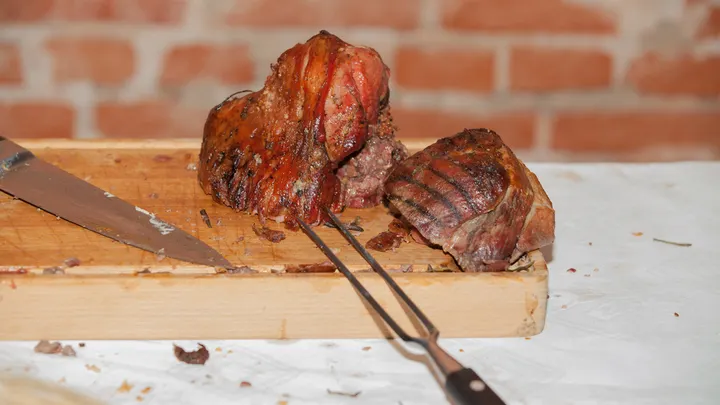
“Reheating steak can cause it to lose its tenderness and flavor, as the extra heat dries out the meat and makes it tough,” Nuetzi explained.
“Reheating also often leads to uneven temperatures, with some parts of the steak becoming overcooked while others stay cold,” he added.

